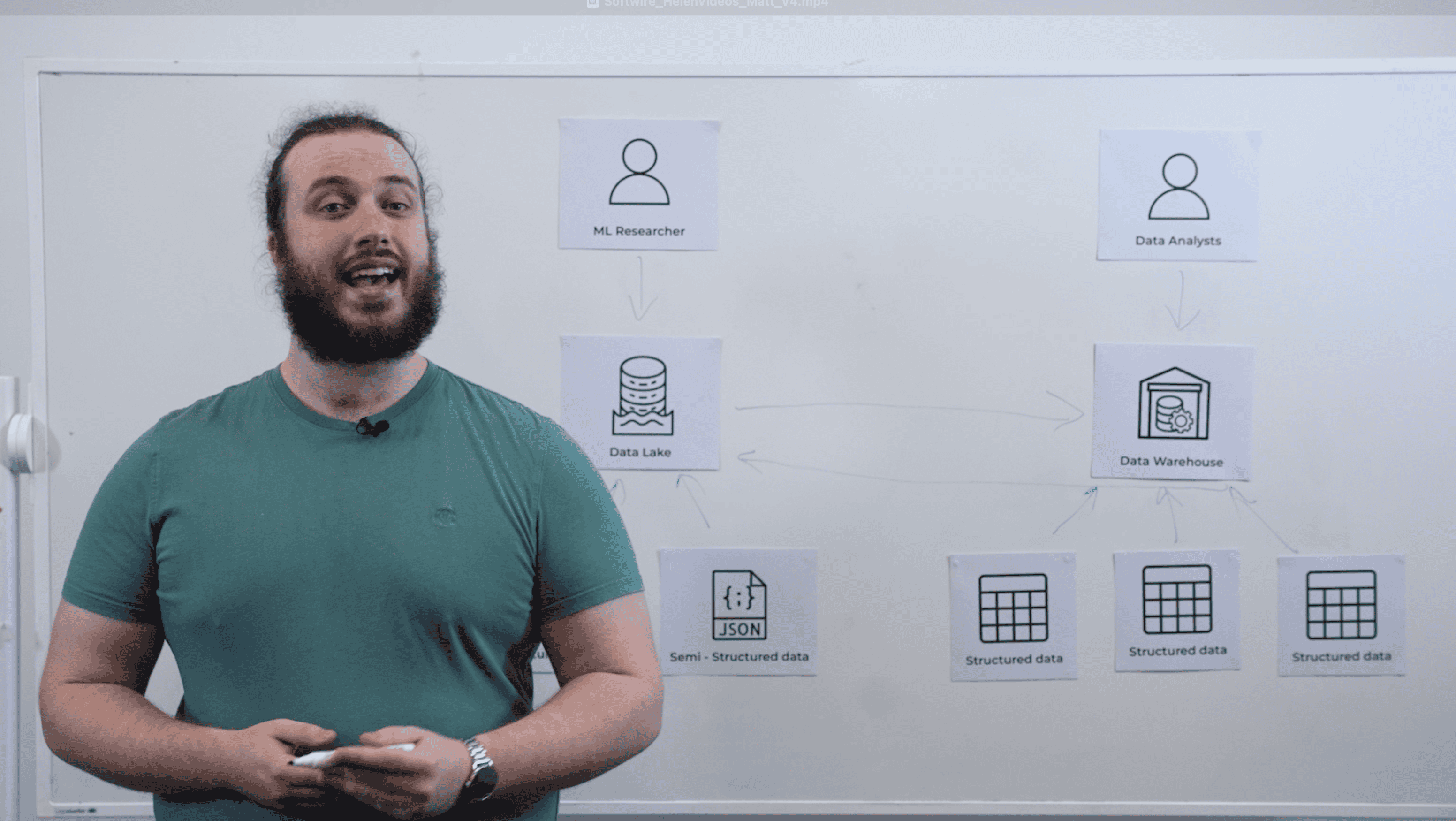
The introduction of the General Data Protection Regulation (GDPR) in Europe and the California Consumer Privacy Act (CCPA) in the U.S. has triggered a wave of new, stringent regulations worldwide, focusing on safeguarding both consumer and employee data.
The financial and reputational risks of data breaches and oversight are well documented. Google was hit with a €50 million fine under GDPR in 2019 for transparency and consent issues, while British Airways faced a record £183 million fine due to a data breach affecting about 500,000 customers.
Faced with new standards for organisational accountability in data management, how do you make the most of your data without falling foul of the law? The key is a more cohesive approach that aligns data governance practices with compliance requirements.
Intersection between data governance and privacy
It’s important to understand the ways governance and privacy work together.
Data governance involves the practices that manage an organisation’s data assets, defining how data is collected, accessed, used, and managed. Key principles include:
- Quality: Ensuring data accuracy and reliability.
- Accessibility: Defining who can access data and under what circumstances.
- Consistency: Maintaining data uniformity across systems.
- Security: Protecting data from unauthorised access.
- Compliance: Adhering to relevant data laws.
- Lifecycle Management: Overseeing data from creation to deletion.
Data privacy, on the other hand, focuses on personal information handling, emphasizing consent, notice, and regulatory compliance. Laws like GDPR and CCPA require explicit consent for data processing and transparency about data collection practices. Individuals must have rights to access, correct, and request deletion of their data, highlighting the importance of protecting data from unauthorised access.
The convergence of governance and privacy not only aids regulatory compliance but also builds trust with customers and stakeholders, a crucial differentiator for businesses today.
Core challenges for data governance and data privacy
Organisations face numerous challenges in data governance and privacy, notably:
- Disparate Regulatory Requirements: Different jurisdictions impose varied laws, making a one-size-fits-all approach impractical. Companies must tailor their data policies, which can be resource-intensive.
- Complex Data Management: With data stored across multiple platforms (on-premises, cloud, third-party processors), tracking and securing data can be complex. Implementing uniform protection measures across diverse systems is essential but challenging.
Aligning data governance with compliance
To align data governance with compliance, organisations should adopt a data-centric approach, prioritising data as a strategic asset. Key focus areas include:
- Understanding the Data Lifecycle: Organisations must manage and protect data at every stage—collection, storage, sharing, and disposal—to mitigate vulnerabilities.
- Robust Data Management Practices: This includes data classification based on sensitivity, stringent access controls, and maintaining audit trails to track data usage.
Implementing these practices not only ensures legal compliance but can also offer competitive advantages through improved data management.
Proactive data governance strategies
A proactive approach to data governance is essential. Organisations should regularly update governance frameworks in response to changes in technology, partnerships, or regulations.
Employee training on data protection principles and organisational policies is critical, ensuring that everyone understands compliance implications.
Expert assistance may be needed; consulting with digital and legal experts can help businesses navigate the complexities of data governance. Engaging professionals with relevant certifications (like CIPP or CISSP) can enhance an organisation’s data privacy expertise.
Real-world examples of data governance
Successful data governance examples illustrate the benefits of structured approaches:
- Moorfields Eye Hospital: The hospital developed a cloud-based platform for managing ophthalmic images, automating data handling while ensuring patient confidentiality. This system transformed research processes from months to days, showcasing automation and collaboration with governance bodies.
- Public Health England (PHE): PHE optimised its data assets for decision-making by focusing on user needs, which enhanced the efficiency and adoption of its data governance framework.
- Lessons from Google: Google’s €50 million fine for GDPR non-compliance highlights the importance of transparency and valid consent mechanisms. Companies must ensure clear communication regarding data processing and conduct regular compliance audits.
Data governance: a business priority
Investing in robust data governance and privacy frameworks yields significant long-term benefits. It minimises non-compliance risks and enhances strategic decision-making, driving innovation and competitive advantage. Moreover, a strong governance framework fosters customer trust, making responsible data handling a strategic imperative that can enhance customer loyalty, operational efficiency, and a strong reputation in the market.


